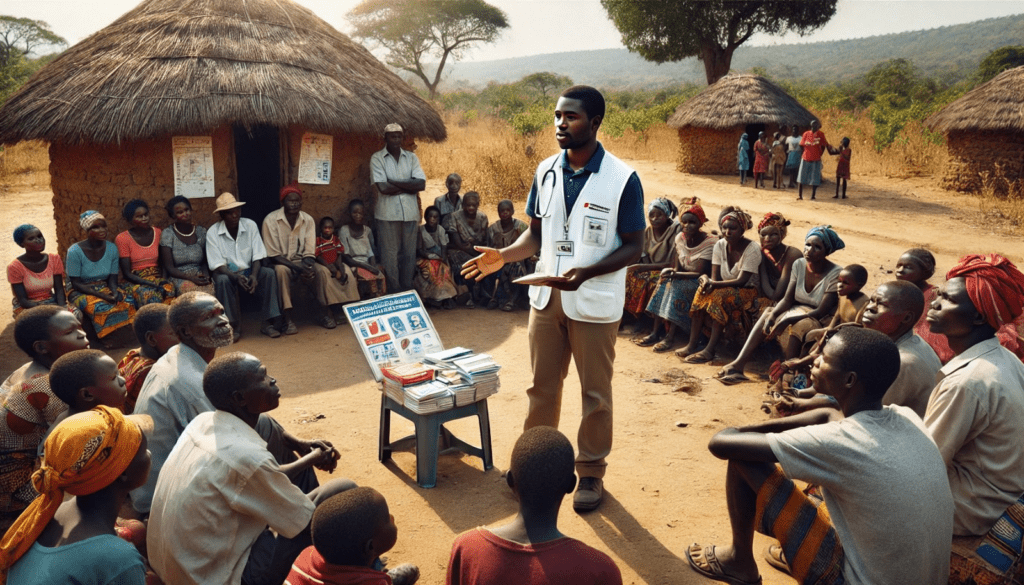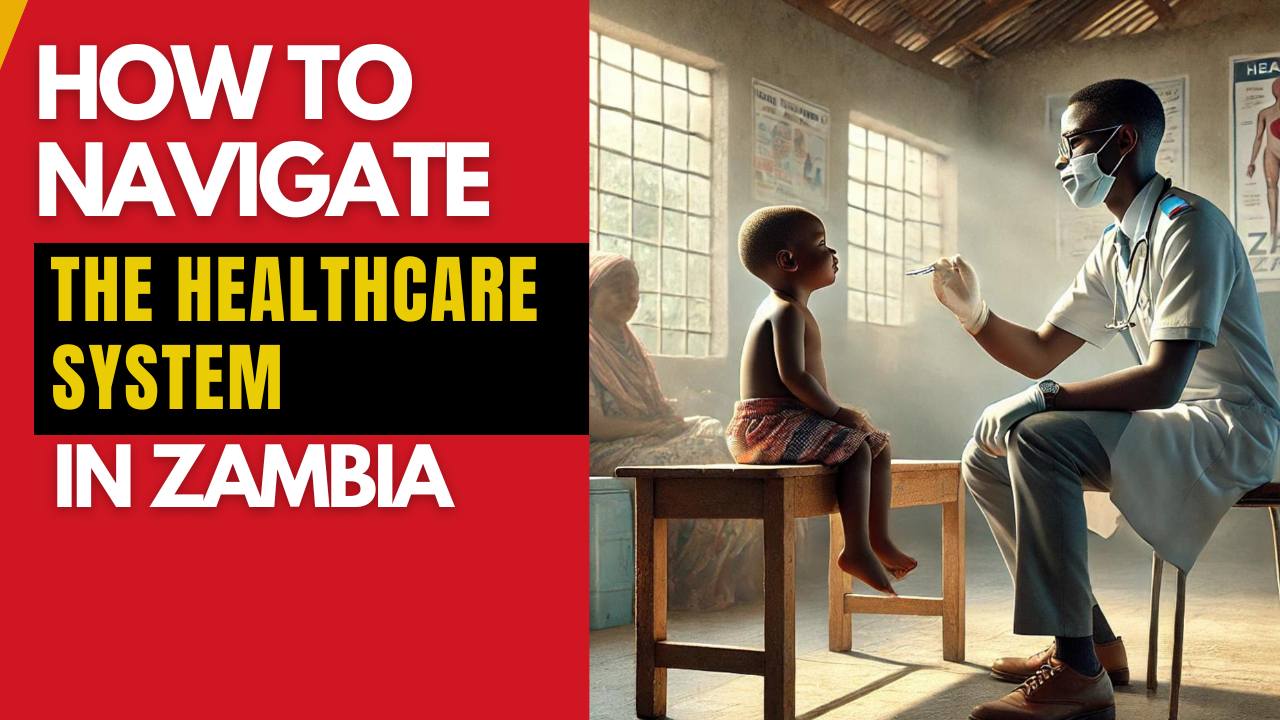Essential Tips for Staying Healthy and Finding the Right Services
Navigating the healthcare system in Zambia can be challenging, but with the right knowledge and resources, you can effectively manage your health and that of your family. Here are some essential tips for accessing healthcare services and maintaining good health in Zambia.

1. Understanding Health Insurance Options in Zambia
Health insurance is essential for managing medical expenses and ensuring access to healthcare services in Zambia. The National Health Insurance Management Authority (NHIMA) provides coverage for Zambians, offering access to a wide range of healthcare services. It’s crucial to enroll in NHIMA and fully understand the benefits it provides. For those seeking more comprehensive coverage, consider supplementing with private health insurance, which can offer additional healthcare services and broader options.
2. Choosing the Right Healthcare Facility in Zambia
Zambia offers a variety of healthcare facilities, ranging from rural health centers to large hospitals. Selecting the right facility is key to receiving appropriate care. For routine check-ups and treatment of minor ailments, local clinics or health centers are often sufficient. However, for specialized care, you may need to visit larger hospitals in urban areas such as Lusaka, Ndola, or Kitwe. Understanding the healthcare landscape in Zambia will help you make informed decisions about where to seek medical care.
3. Importance of Regular Health Check-Ups in Zambia
Regular health check-ups are vital for early detection and prevention of diseases, which is especially important in Zambia’s healthcare context. Schedule annual physical exams and routine screenings for common conditions such as hypertension, diabetes, and cervical cancer. Early detection through regular health check-ups can lead to better treatment outcomes and lower healthcare costs in the long run.
4. Staying Up-to-Date with Vaccinations and Immunizations
Vaccinations are crucial for protecting against preventable diseases, especially in a country like Zambia, where certain illnesses are more prevalent. Ensure that you and your family are up-to-date with vaccinations. The Zambian Ministry of Health provides immunization programs, and many vaccines are available at no cost. Vaccinations for diseases such as measles, polio, and hepatitis are essential for maintaining public health.
5. Accessing Safe Medication in Zambia
Access to medication is a critical aspect of healthcare in Zambia. Pharmacies and dispensaries are widely available, but it’s important to purchase medication from licensed providers to avoid counterfeit drugs. For those managing chronic conditions, ensure you have a steady supply of your prescribed medication and understand the proper dosage and administration. Reliable access to medication can significantly improve health outcomes.
6. Adopting a Healthy Lifestyle in Zambia
A healthy lifestyle is fundamental to maintaining good health in Zambia. Here are some tips to consider:
– Balanced Diet: Incorporate a variety of foods into your diet, including fruits, vegetables, whole grains, and lean proteins, which are widely available in Zambia.
– Regular Exercise: Engage in physical activities such as walking, jogging, or participating in local sports to maintain fitness.
– Hydration: Stay hydrated by drinking plenty of water, especially in Zambia’s hot climate.
– Mental Health: Prioritize mental well-being by managing stress, seeking support when needed, and taking time for relaxation. Mental health is an important aspect of overall wellness that should not be overlooked.
7. Utilizing Community Health Resources in Zambia
Community health workers (CHWs) are a valuable resource in Zambia’s healthcare system, particularly in rural areas. They provide essential services such as health education, basic medical care, and support for maternal and child health. Take advantage of these community health resources for additional support and reliable health information.
8. Knowing Emergency Services in Zambia
In the event of a medical emergency, it’s critical to know the emergency numbers and nearest healthcare facilities. Emergency medical services (EMS) in Zambia are improving, especially in major cities. Keep emergency contact numbers handy and familiarize yourself with the quickest route to the nearest hospital. Prompt access to emergency services can be life-saving.
Conclusion: Prioritizing Health in Zambia
Staying healthy and effectively navigating the healthcare system in Zambia requires proactive measures and informed decisions. By understanding your health insurance options, choosing the right healthcare facilities, maintaining regular check-ups, and adopting a healthy lifestyle, you can ensure better health outcomes for yourself and your family. Stay informed, stay prepared, and prioritize your health in Zambia to lead a healthier, more fulfilling life.


